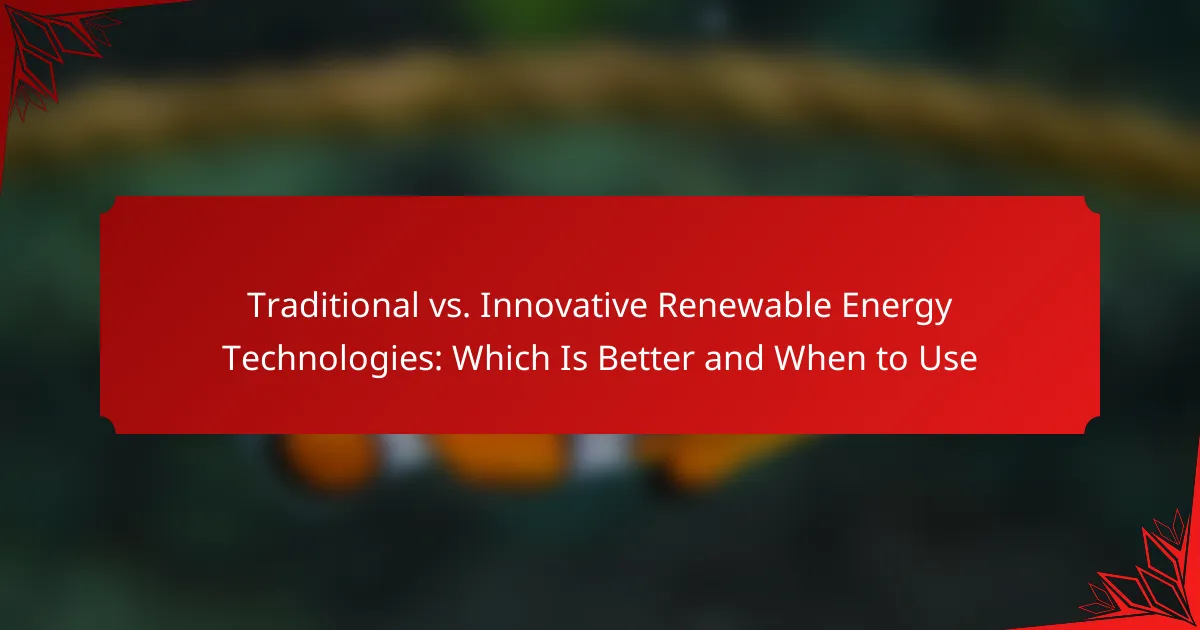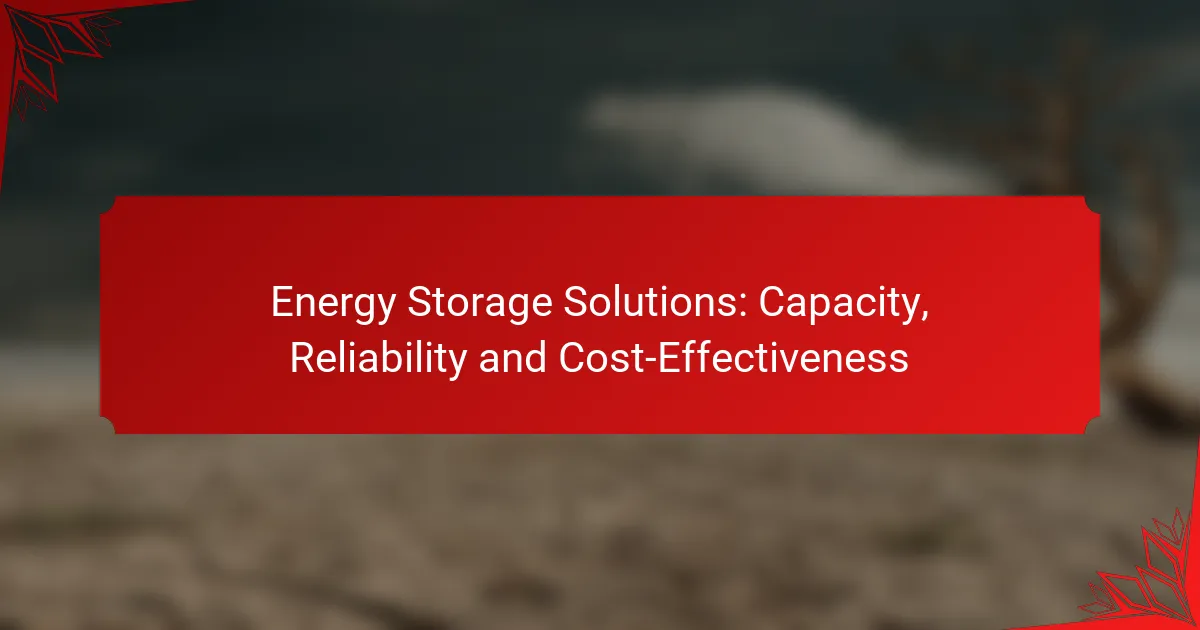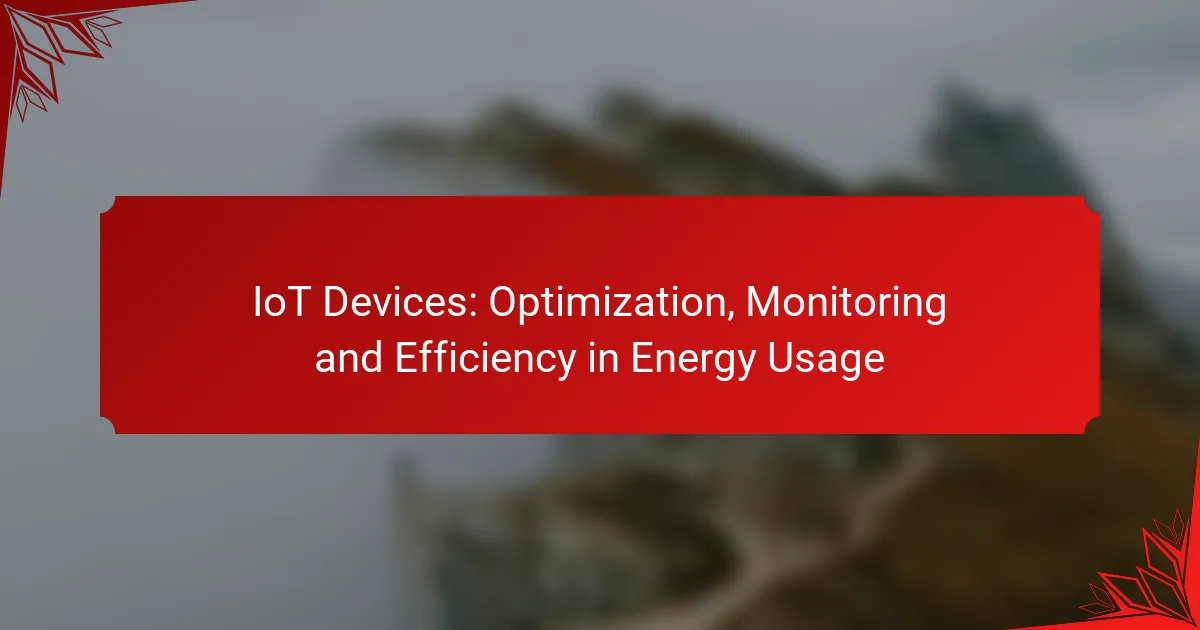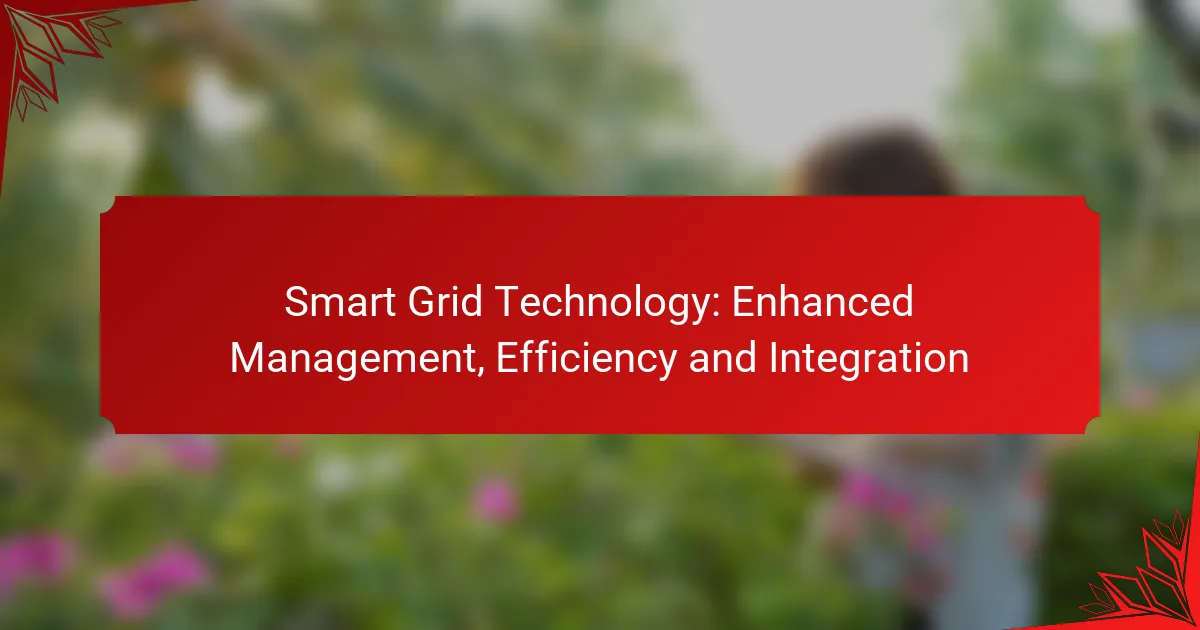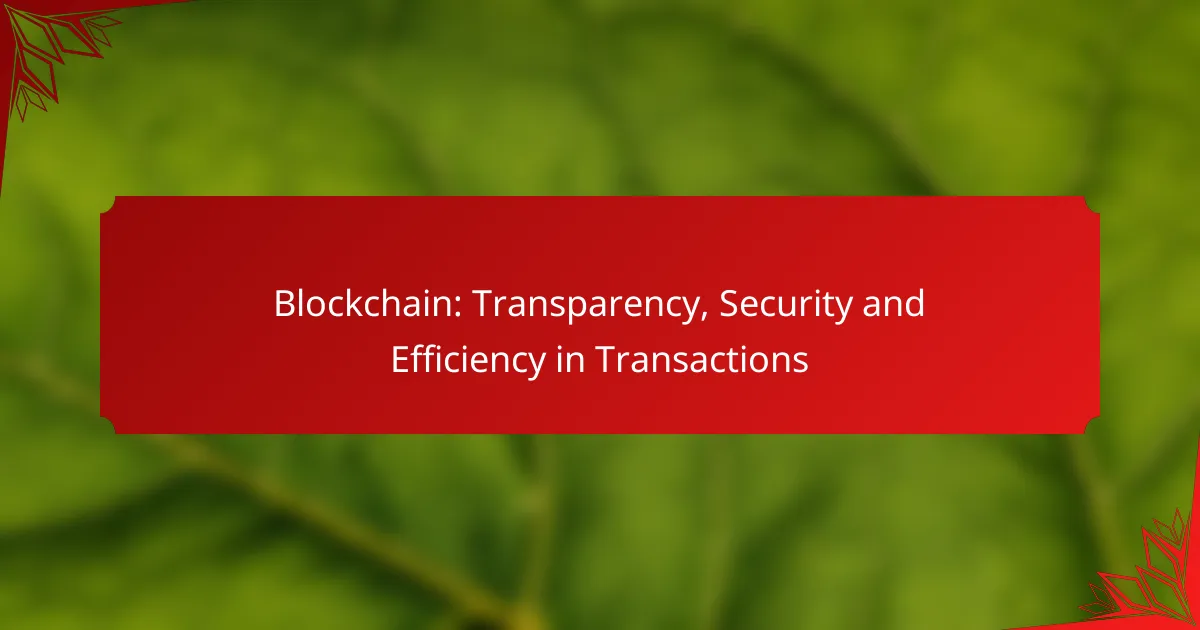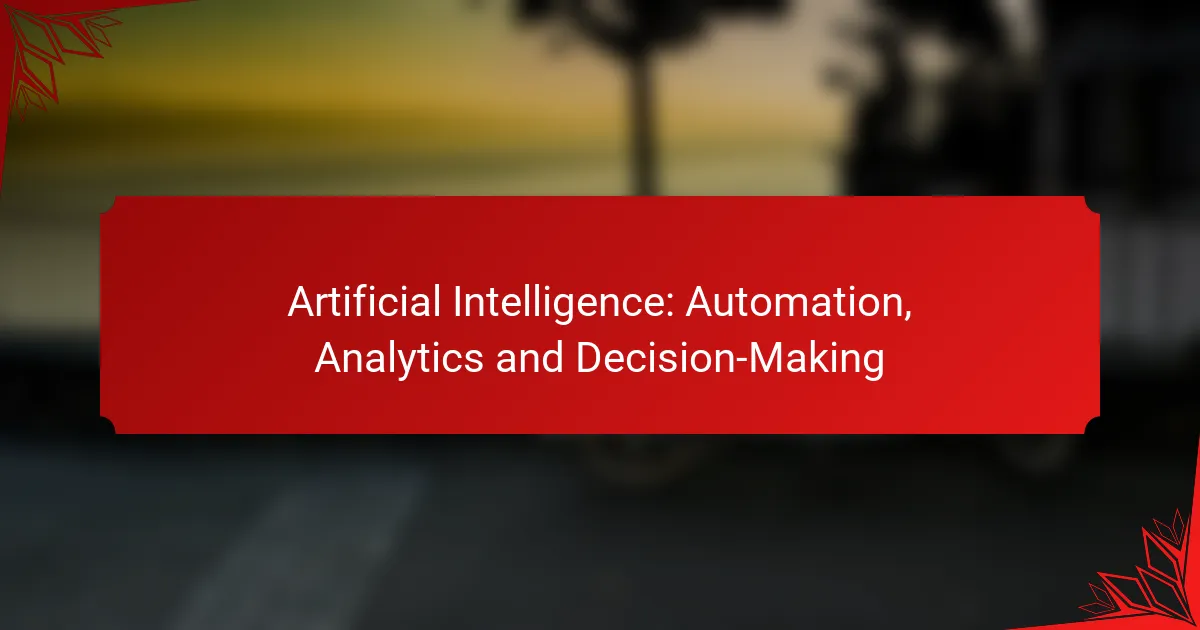What are the best renewable energy technologies for consulting?
The best renewable energy technologies for consulting include solar photovoltaic systems, wind turbine innovations, energy storage solutions, smart grid technology, and hydrogen fuel cells. These technologies are pivotal in enhancing energy efficiency and sustainability across various sectors.
Solar photovoltaic systems
Solar photovoltaic (PV) systems convert sunlight directly into electricity using semiconductor materials. They are widely used in residential and commercial settings, offering a clean energy source with minimal operational costs once installed.
When considering solar PV, factors such as location, available sunlight, and installation costs are crucial. In many regions, government incentives can significantly reduce initial expenses, making solar a financially viable option.
Wind turbine innovations
Wind turbine innovations focus on improving efficiency and reducing costs associated with wind energy generation. Modern turbines are designed to capture wind energy more effectively, with larger blades and advanced materials that enhance durability.
Consultants should evaluate site-specific wind patterns and potential energy output when recommending wind solutions. Additionally, community acceptance and environmental impact assessments are essential to ensure successful project implementation.
Energy storage solutions
Energy storage solutions, such as batteries and pumped hydro storage, are critical for balancing supply and demand in renewable energy systems. They allow excess energy generated during peak production times to be stored and used later, enhancing grid reliability.
When selecting energy storage options, consider factors like capacity, discharge rates, and lifecycle costs. Lithium-ion batteries are popular for their efficiency, but alternatives like flow batteries may be more suitable for large-scale applications.
Smart grid technology
Smart grid technology integrates digital communication and automation into electricity networks, improving efficiency and reliability. It enables real-time monitoring and management of energy resources, facilitating better integration of renewable sources.
Consultants should focus on the interoperability of smart grid components and the potential for demand response programs. These programs can incentivize consumers to adjust their energy usage during peak times, leading to overall energy savings.
Hydrogen fuel cells
Hydrogen fuel cells generate electricity through a chemical reaction between hydrogen and oxygen, producing only water as a byproduct. This technology is gaining traction as a clean energy solution for transportation and stationary power applications.
When considering hydrogen fuel cells, evaluate the availability of hydrogen production methods and infrastructure. Green hydrogen, produced from renewable sources, is particularly promising but may require significant investment in production and distribution networks.
How can renewable energy consulting improve efficiency?
Renewable energy consulting enhances efficiency by identifying opportunities for energy savings and optimizing system performance. By leveraging expert knowledge and innovative technologies, consultants can help organizations reduce costs and improve sustainability.
Energy audits
Energy audits are systematic evaluations of energy use within a facility, aimed at identifying inefficiencies and potential improvements. These audits typically involve analyzing energy consumption patterns, equipment performance, and operational practices.
Consultants often use tools like thermal imaging and data analytics to pinpoint areas where energy is wasted. Following an audit, organizations can implement targeted measures that may lead to energy savings of 10-30% or more.
System optimization
System optimization focuses on enhancing the performance of renewable energy systems, such as solar panels or wind turbines. This involves fine-tuning equipment settings, improving integration with existing infrastructure, and ensuring that systems operate at peak efficiency.
Consultants may recommend upgrades or adjustments based on real-time performance data, which can significantly increase energy output. Regular maintenance and monitoring are also crucial to maintain optimal performance over time.
Regulatory compliance
Regulatory compliance ensures that renewable energy projects adhere to local, national, and international laws and standards. This can include environmental regulations, safety standards, and grid connection requirements.
Consultants help organizations navigate complex regulatory landscapes, ensuring that projects meet necessary criteria to avoid penalties. Staying compliant not only mitigates risks but can also unlock incentives and funding opportunities for renewable energy initiatives.
What are the costs associated with renewable energy consulting?
The costs associated with renewable energy consulting can vary widely based on the scope of services, project size, and specific technologies involved. Understanding these costs is essential for budgeting and planning effective energy solutions.
Initial consultation fees
Initial consultation fees typically range from a few hundred to several thousand dollars, depending on the consultant’s expertise and the complexity of the project. This fee often includes an assessment of energy needs, site evaluation, and preliminary recommendations.
When selecting a consultant, consider their experience in your specific sector, as this can influence the initial costs. It’s advisable to request quotes from multiple firms to compare services and pricing.
Project implementation costs
Project implementation costs encompass the expenses related to the actual installation of renewable energy systems, such as solar panels or wind turbines. These costs can vary significantly, often falling within the range of thousands to tens of thousands of dollars, depending on system size and technology.
Factors influencing implementation costs include equipment quality, labor rates, and local regulations. It’s crucial to factor in potential incentives or rebates available in your area, which can help offset these expenses.
Ongoing maintenance expenses
Ongoing maintenance expenses are essential to keep renewable energy systems operating efficiently. These costs generally range from a few hundred to several thousand dollars annually, depending on the system type and size.
Regular maintenance can prevent costly repairs and ensure optimal performance. It’s wise to establish a maintenance plan with your consultant that outlines expected costs and service intervals to avoid unexpected expenses down the line.
What are the key factors to consider when choosing a renewable energy consultant?
When selecting a renewable energy consultant, prioritize their experience, client feedback, and the range of services they offer. These factors significantly impact the effectiveness and suitability of the consultant for your specific energy needs.
Experience and expertise
Experience in the renewable energy sector is crucial. Look for consultants with a proven track record in projects similar to yours, whether in solar, wind, or other renewable technologies. Their expertise should include knowledge of local regulations and industry standards.
Assess their qualifications and certifications, as these can indicate a consultant’s commitment to best practices. A consultant with years of hands-on experience is likely to navigate challenges more effectively than one with limited exposure.
Client testimonials
Client testimonials provide insight into a consultant’s reliability and effectiveness. Seek out reviews and case studies that highlight previous projects, focusing on the outcomes achieved and the satisfaction of past clients.
Consider reaching out to former clients for direct feedback. This can help you gauge the consultant’s communication style, responsiveness, and overall professionalism, which are essential for a successful partnership.
Service offerings
The range of services offered by a renewable energy consultant can greatly influence your project’s success. Look for consultants who provide comprehensive services, including feasibility studies, project management, and ongoing support after implementation.
Some consultants may specialize in specific areas, such as regulatory compliance or financial modeling. Ensure that their offerings align with your project goals and that they can adapt to your unique requirements.
How does renewable energy consulting vary in major US cities?
Renewable energy consulting varies significantly across major US cities due to local regulations, available resources, and specific incentives. Cities like San Francisco and New York have tailored programs that reflect their unique energy needs and sustainability goals.
California’s solar incentives
California offers a range of solar incentives designed to promote the adoption of solar energy. These include the California Solar Initiative (CSI), which provides cash rebates for solar installations, and the federal Investment Tax Credit (ITC), which allows homeowners to deduct a percentage of their solar system costs from their federal taxes.
Additionally, net metering allows solar users to receive credits for excess energy they generate and feed back into the grid. This can significantly reduce electricity bills, making solar installations more financially attractive.
When considering solar in California, it’s essential to evaluate the local utility’s policies, as they can vary widely. Homeowners should also be aware of potential changes in incentives and regulations, as these can impact the overall return on investment for solar projects.
